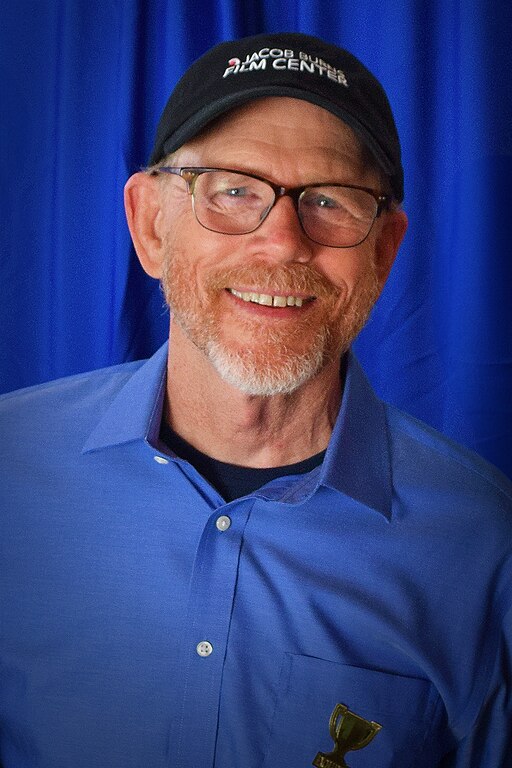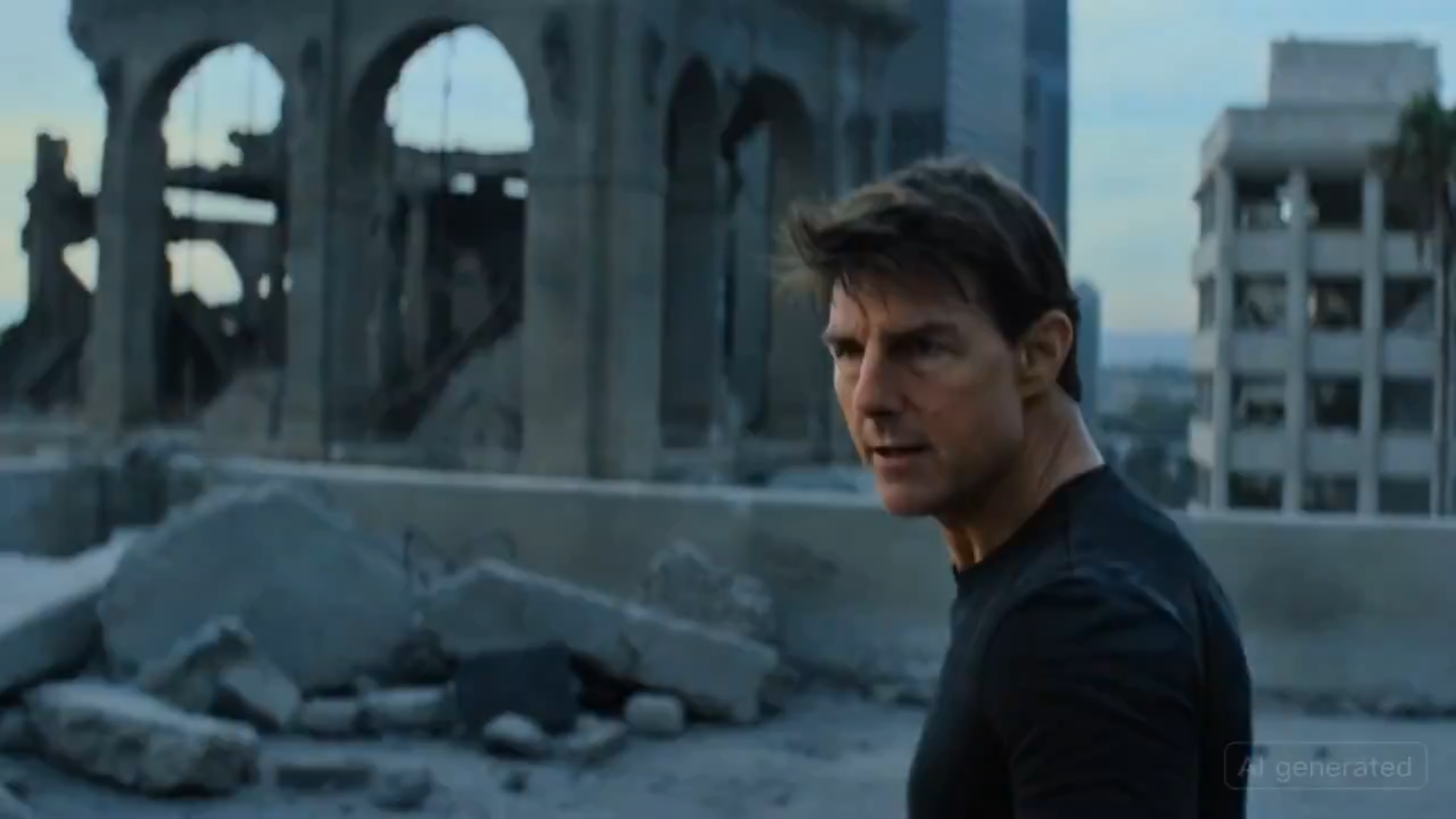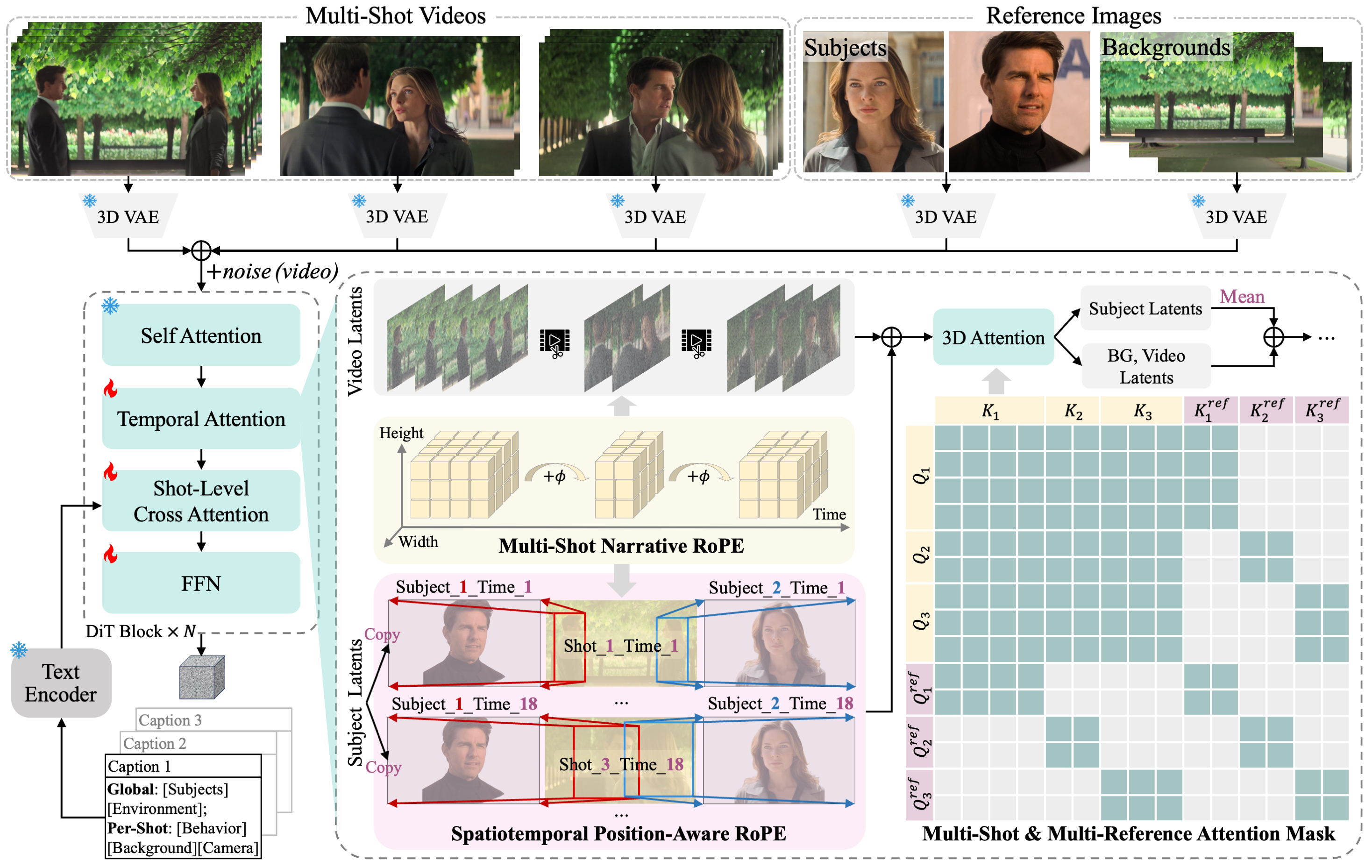Ron Howard on AI: Filmmaking Tool, Not Replacement

Apollo 13 filming at Kennedy Space Center | NASA, Public domain, via Wikimedia Commons
Share this post:
Ron Howard on AI: Filmmaking Tool, Not Replacement
Ron Howard compares AI adoption to the digital effects revolution. The Oscar-winning director uses AI for brainstorming while emphasizing the need to protect creative jobs through legislation.

AI as Creative Assistant
Howard described his current AI usage to Variety during Imagine Entertainment's 40th anniversary coverage. He uses it as a thought partner for quick questions and creative problem-solving.
"Questions pop into my mind, and I know the answers AI gives aren't 100 percent reliable, but it's like you've got a couple of bright people wandering around with you," Howard said.
His producing partner Brian Grazer shares the enthusiasm. Grazer told Variety he uses ChatGPT frequently, calling it "so fun."
The practical approach reflects Howard's broader view on technological change in filmmaking. He sees AI as a tool that expands what directors can achieve rather than replaces human creativity.
Visual Effects Revolution
Howard positions AI advancement alongside previous technical shifts in cinema. He draws direct parallels to how digital effects transformed production capabilities.
"It's going to help filmmakers get more of what's in their mind's eye onto screens in very efficient ways," Howard explained to Variety. "It'll be helpful in terms of visual effects and be its own kind of revolution, just as digital effects were for cinema."
The comparison carries weight from a director who has worked through multiple technology transitions. Howard's career spans from 1960s television through modern streaming, encompassing film stock evolution, digital cinematography adoption, and CGI integration.
His 1995 film Apollo 13 demonstrates this technical evolution. The production generated launch footage so realistic that astronaut Buzz Aldrin asked Howard if he had found archival vault footage. The sequences were entirely created for the film.
Copyright and Creative Protection
Howard emphasized that technological advancement must protect creative workers' ability to earn a living. He called for legislative action on copyright issues.
"The important thing for us as a society is to preserve creative populations' ability to make a living," Howard told Variety. "That's going to require thought and care, and the copyright issues are going to have to be legislated."
This stance balances optimism about AI's capabilities with concern for industry employment. Howard acknowledges AI's potential while recognizing risks to screenwriters, visual effects artists, and other creative professionals.
The position aligns with broader industry discussions. SAG-AFTRA and the WGA both negotiated AI protections in recent contracts. Studios and production companies continue developing policies around generative AI use.
Industry Context
Howard's perspective comes from Imagine Entertainment's leadership position. The company, co-founded with Grazer in 1986, produces films, television series, and documentaries across multiple platforms.
Recent Imagine projects include the documentary Jim Henson: Idea Man and the period drama Eden starring Jude Law and Ana de Armas. The company expanded beyond features into branded content and documentary divisions.
Howard's production philosophy emphasizes emotional connection over intellectual analysis. "Brian often says filmmaking is emotional, not intellectual," Howard noted. "Whatever we're working on, we want to get to that place where the audience understands what it is we love about the idea, so they can find their own personal connection with the story."
This human centered approach informs his view on AI. Technology serves story and emotion rather than replacing them.
Platform Agnostic Distribution
Howard takes a pragmatic view on exhibition formats. When asked if it bothers him that people watch his films on phones, he admitted to doing the same.
"I watch films on my phone," Howard said. "Maybe don't say that — the ghost of David Lynch will come back to haunt me."
The comment references Lynch's well known advocacy for theatrical exhibition. Lynch famously criticized phone viewing in a 2008 interview, saying real films need to be seen on big screens.
Howard's position reflects changing distribution realities. Streaming platforms, mobile devices, and theatrical exhibition now coexist rather than compete exclusively. His recent work appears across Disney+, theatrical releases, and television networks.
He told CBS News that he values films that help him "see the world a little differently" regardless of format. "For me, as an audience member, I want to have a fulfilling experience," Howard explained. "I love it when it feels like it's something fresh. When I feel I'm seeing the world a little differently."
Career Perspective
Howard's filmmaking career began with 1977's Grand Theft Auto, which he directed at 23. He built a reputation through comedies like Splash (1984) and Cocoon (1985) before transitioning to prestige dramas.
Apollo 13 (1995) earned nine Academy Award nominations and won for Best Sound and Best Film Editing. The film established Howard as a master of historical drama and technical filmmaking.
A Beautiful Mind (2001) brought Howard his first Best Director Oscar. The biographical drama about mathematician John Nash won Best Picture and earned eight Academy Award nominations total.
Additional acclaimed work includes Frost/Nixon (2008), Rush (2013), and the Robert Langdon series. Howard directed three films nominated for Best Picture, winning with A Beautiful Mind.
His television work includes producing Arrested Development, 24, and various documentaries. Howard was inducted into the Television Hall of Fame in 2013 and received the National Medal of Arts in 2003.
Current Production
Howard is currently in Budapest directing Alone at Dawn, continuing his work in historical drama and biographical storytelling.
The Imagine Entertainment 40th anniversary marks sustained success across technological and industrial shifts. Howard and Grazer's partnership endured format changes, distribution evolution, and now AI integration.
What This Means for Filmmakers
Howard's perspective offers a measured approach to AI adoption. He sees efficiency gains and creative expansion without dismissing concerns about employment and copyright.
The emphasis on legislation suggests industry leaders recognize AI requires new frameworks. Existing copyright law may not adequately address generative AI training data or synthetic content creation.
For working filmmakers, Howard's "bright people wandering around" description positions AI as a creative assistant tool. It answers questions, generates ideas, and speeds certain workflows without replacing human decision making.
Platforms like AI FILMS Studio provide access to multiple AI video generation models, allowing creators to experiment with the efficiency gains Howard describes. The tools help filmmakers visualize concepts quickly and explore creative directions during pre-production.
The comparison to digital effects suggests a similar adoption curve. Early resistance gave way to integration once the technology proved itself as a tool rather than a replacement. Digital effects expanded what filmmakers could achieve rather than eliminated cinematographers.
AI may follow a similar path: initial disruption, followed by integration that enhances rather than replaces creative work. Success depends on protecting worker rights through legislation and industry agreements.
Howard's career longevity comes partly from adapting to technical change while maintaining focus on emotional storytelling. That balance may define successful AI integration in filmmaking.
Sources:
- Variety: "Imagine Turns 40: Ron Howard and Brian Grazer on '8 Mile' Disagreements, the Rise of AI" (November 20, 2025)
- Yahoo News: "Ron Howard: AI can help filmmakers" (November 21, 2025)
- CBS News: Ron Howard interview on filmmaking and audience experience
- AI In Hollywood: "Tom Hanks and Ron Howard Discuss AI's Role in Filmmaking at Dell Technologies World" (May 28, 2025)



